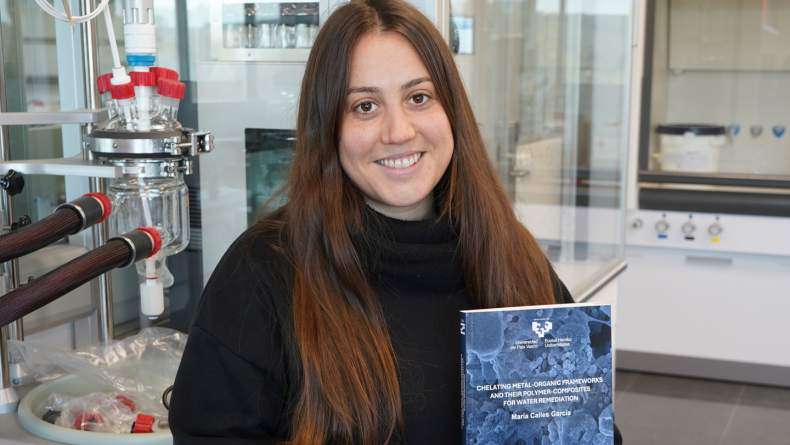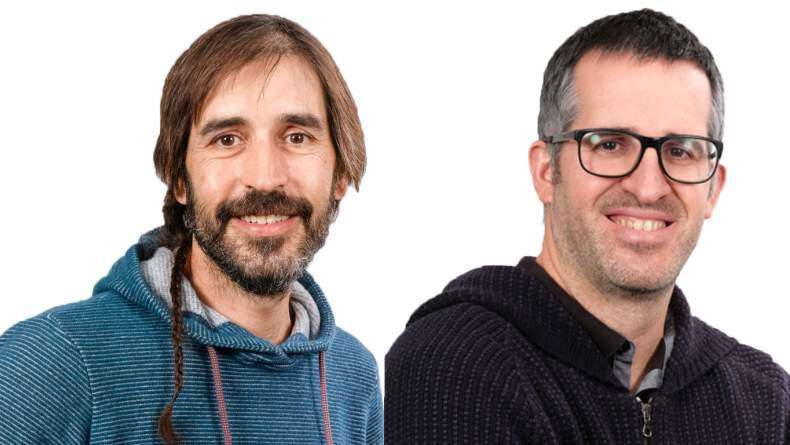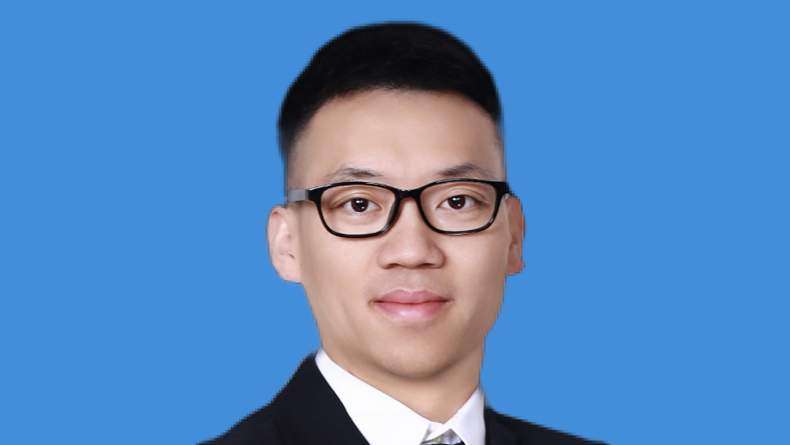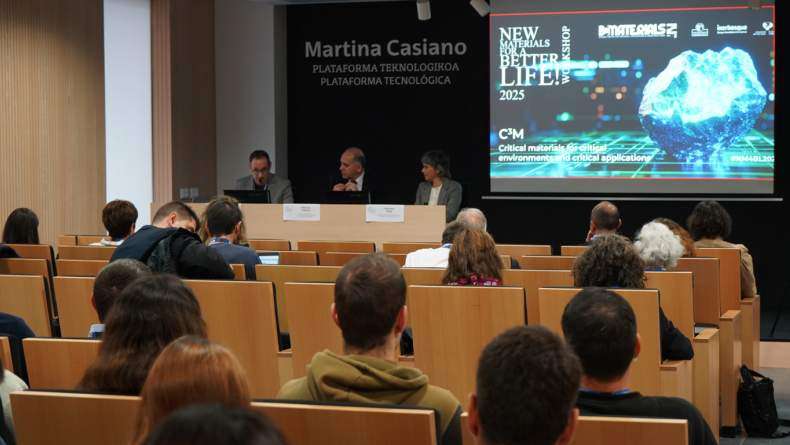Artificial Water Channels- toward biomimetic membranes for desalination
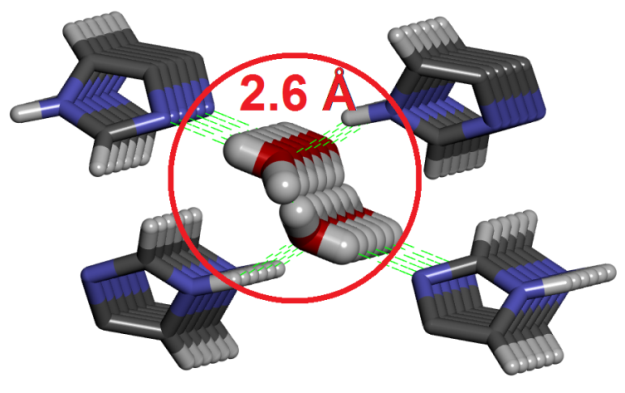
Artificial Water Channels- toward biomimetic membranes for desalination
MIHAIL BARBOIU Adaptive Supramolecular Nanosystems Group, Institut Europeen des Membranes, ENSCM-UMII-UMR CNRS 5635, Place Eugene Bataillon CC047, 34095 Montpellier, France.
Email: mihail-dumitru.barboiu@umontpellier.fr

This lecture discusses the incipient development of the first artificial water channels systems. We include only systems that integrate synthetic elements in their water selective translocation unit. Therefore, we exclude peptide channels because their sequences derive from the proteins in natural channels. We review many of the natural systems involved in water and related proton transport processes. We describe how these systems can fit within our primary goal of maintaining natural function within bio-assisted artificial systems. In the last part, we present several inspiring breakthroughs from the last decade in the field of biomimetic artificial water channels. All these examples demonstrate how the novel interactive water-channels can parallel biomolecular systems. At the same time these simpler artificial water channels offer a means of understanding water structures useful to understanding many biological scenarios. Moreover they can be used for the preparation of highly selective membranes for desalination.
References [1] M. Barboiu and A. Gilles, Acc. Chem. Res. 2013, 46, 2814–2823. [2] M. Barboiu, Angew. Chem. Int. Ed. 2012, 51, 11674-11676. [3] Y. Le Duc, et al., Angew. Chem. Int. Ed. 2011, 50(48), 11366-11372. [4] E. Licsandru, et al., J. Am. Chem. Soc., 2016, 138, 5403-5409. [5] M. Barboiu, Chem. Commun., 2016, 52, 5657- 5665. [6] I. Kocsis, et al. Science Adv. 2018, 4, eaao5603.BIO
 Mihail Barboiu graduated from University Politehnica of Bucharest and received his PhD in 1998 from the University of Montpellier before spending 2 years as post-doctoral researcher at the University Louis Pasteur in Strasbourg. He is CNRS Research Leader at the Institut Europeen des Membranes in Montpellier and Fellow of Royal Society of Chemistry. Since 2014 he is also Extraordinary Professor in Sun-Yat-sen University in Guangzhou, China. A major focus of his research is Dynamic Constitutional Chemistry toward Dynamic Interactive Systems: adaptive biomimetic membranes, delivery devices etc. Author of more than 215 scientific publications, 3 books and 20 chapters and 310 conferences and lectures, Dr Barboiu has received in 2004 the EURYI Award in Chemistry and in 2015 the RSC Surfaces and Interfaces Award for the development of Artificial Water Channels.
Mihail Barboiu graduated from University Politehnica of Bucharest and received his PhD in 1998 from the University of Montpellier before spending 2 years as post-doctoral researcher at the University Louis Pasteur in Strasbourg. He is CNRS Research Leader at the Institut Europeen des Membranes in Montpellier and Fellow of Royal Society of Chemistry. Since 2014 he is also Extraordinary Professor in Sun-Yat-sen University in Guangzhou, China. A major focus of his research is Dynamic Constitutional Chemistry toward Dynamic Interactive Systems: adaptive biomimetic membranes, delivery devices etc. Author of more than 215 scientific publications, 3 books and 20 chapters and 310 conferences and lectures, Dr Barboiu has received in 2004 the EURYI Award in Chemistry and in 2015 the RSC Surfaces and Interfaces Award for the development of Artificial Water Channels.
Related news
María Calles, nueva doctora de BCMaterials
Queremos felicitar a María Calles García por haber obtenido su doctorado en Ciencia y Tecnología de Materiales por la UPV/EHU. El 4 de diciembre María realizó una brillante defensa de su tesis...Charla invitada con investigadores del Instituto de Microelectrónica de Barcelona (3 de diciembre)
El próximo 3 de diciembre, a partir de las 12:00 en el auditorio Martina Casiano de Leioa, BCMaterials recibirá a los investigadores titulares del Instituto de Microelectrónica de Barcelona (IMB-CNM...Charla invitada con Liu Yao sobre baterías de metal-litio (2 de diciembre)
El próximo lunes 2 de diciembre, Liu Yao, profesor del Shanghai Institute of Applied Physics presentará una charla invitada en BCMaterials titulada ‘Li Metal Batteries: From Liquid to Solid-State’....Éxito del workshop anual de BCMaterials, dedicado a materiales críticos
La exitosa edición 2025 del workshop anual de BCMaterials reunió el pasado 19 de noviembre en Leioa a un centenar de asistentes para examinar el estado del arte y debatir sobre los materiales...
